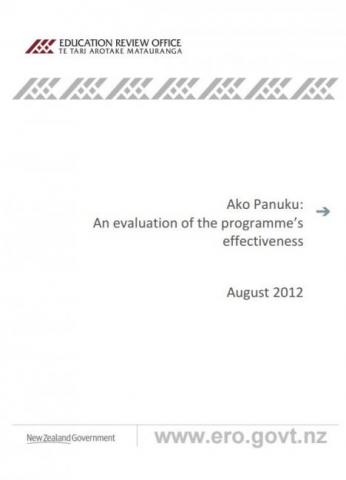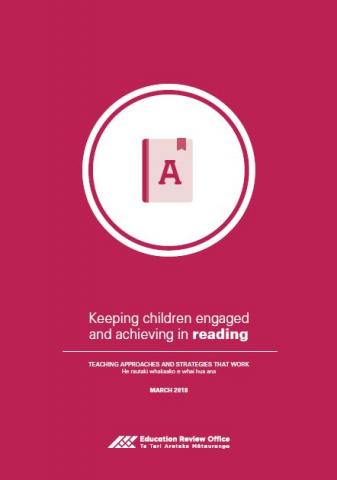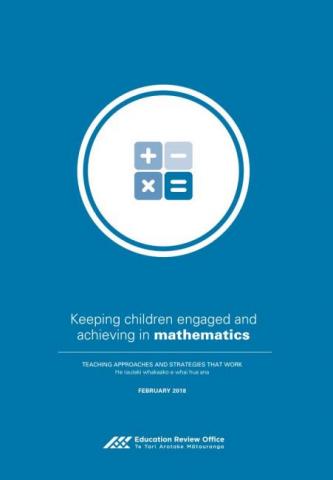Framework for Kōhanga Reo reviews
Published: 31 Mar 2021
This framework contains information about the process that the Education Review Office (ERO) uses for managing kōhanga reo reviews. This information forms part of ERO’s standard procedures for reviews of kōhanga reo.
- Audience:
- Early learning
- Education
- Māori-medium
- Parents
- Content type:
- Basic page
- Topics:
- Kōhanga Reo
- Standard Procedures
- Te Aho Matua



